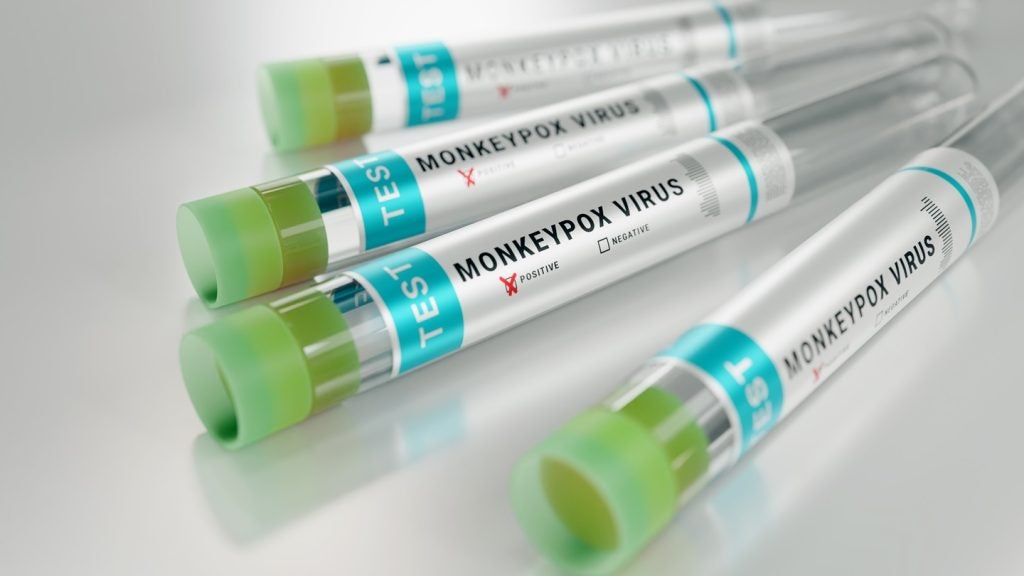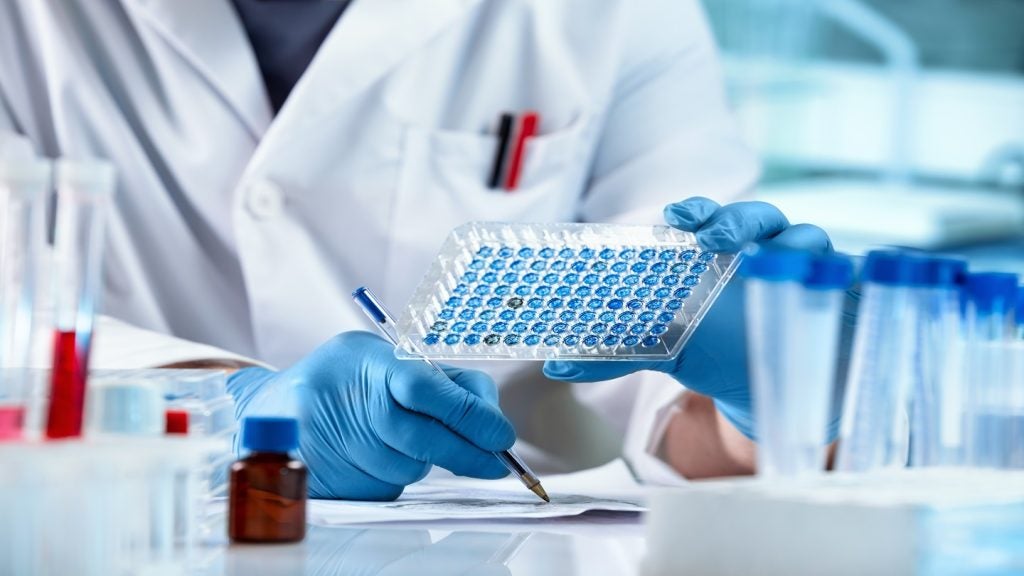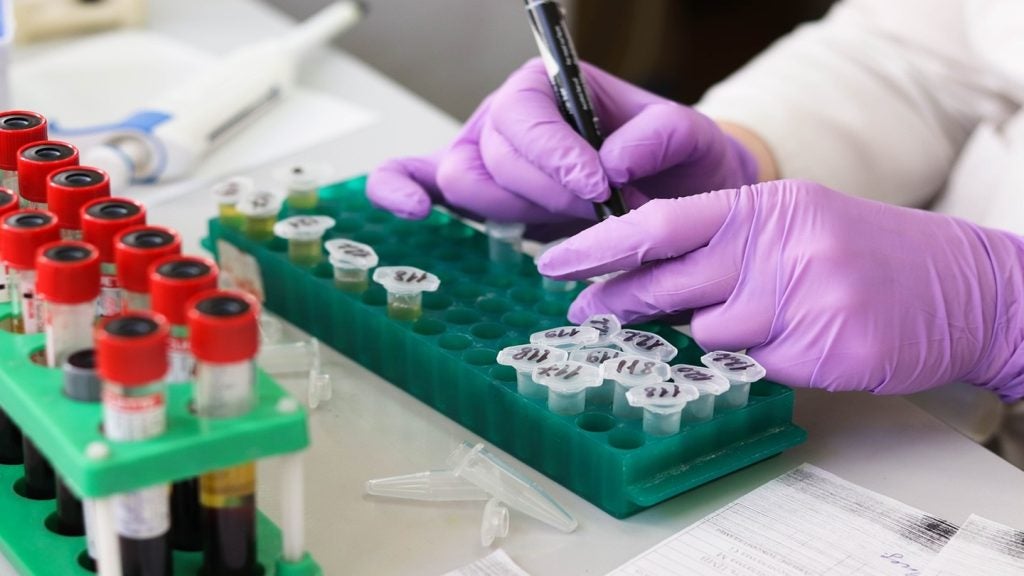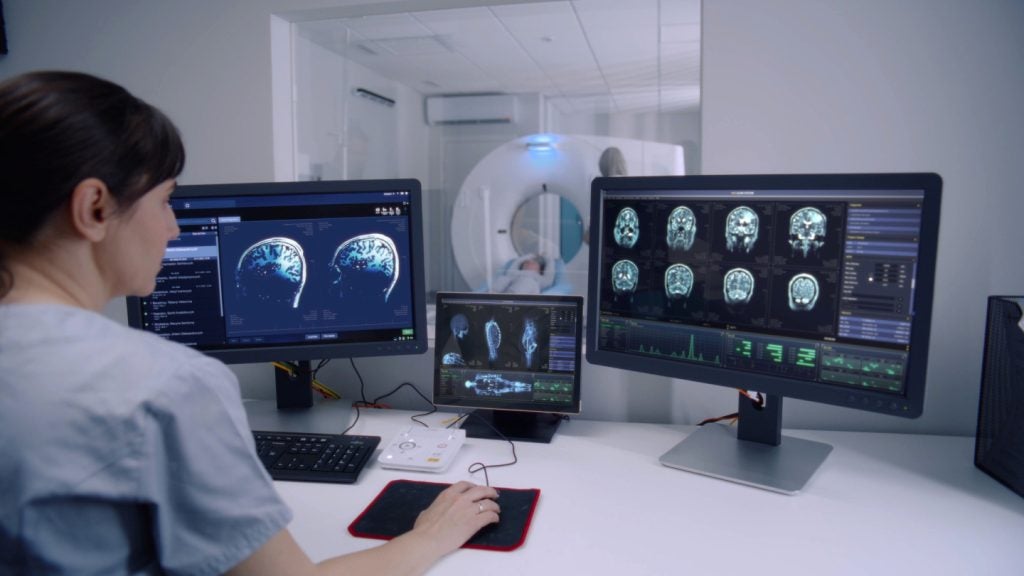England’s National Health Service (NHS) has kick started a study which will screen up to 100,000 newborn babies for over 200 rare diseases.
The Generation Study – led by Genomics England in collaboration with NHS England – will offer whole genome sequencing to newborns using blood samples typically collected from their umbilical cord shortly after birth.
Parents of newborns in England are currently offered a blood spot test when their baby is about five days old. This test, performed with a small heel prick on the baby’s heel, screens for nine rare but serious conditions. However, the genetic sequencing used in this study can detect over 200 rare diseases, including cystic fibrosis, Barth syndrome, sickle cell disease, and severe combined immune deficiency (SCID).
The goal is to identify these conditions early – soon after birth, before symptoms develop – rather than later in life when symptoms may appear. Early detection allows families to access the support they need and improve the outcomes for these conditions.
NHS chief executive Amanda Pritchard said: “If we can diagnose and treat children for rare genetic conditions years earlier, we have the power to help stop debilitating conditions in their tracks and enable more children to grow up, start school and live independently – this will be transformational for patients and for the future of medicine.”
Blood samples from more than 500 newborns have already been collected at 13 NHS hospitals, with plans to offer the test to 100,000 babies across 40 hospitals in England.
Health Secretary Wes Streeting teased the idea of preventative care, precision medicine, and personalised treatment during his speech at the Labour Party conference in Liverpool last week: “Advances in genomics and data mean the healthcare of the future will be more predictive, more preventative, and more personalised than ever before. Detecting from birth a child’s risk of disease so we can act to keep them well.”
Key industry leaders also reinforced this at the Healthcare Excellence Through Technology (HETT) 2024 conference in London, UK, on 25 September. Shane Tickell, CEO of health tech consulting company Temple Black said that artificial intelligence (AI) could be used to track and trend individuals over time to predict and prevent health issues.
In the US, molecular diagnostics company, BillionToOne’s Unity test can be used to screen for genetic diseases and detect the presence of foetal antigens in blood from the mother. The test can be carried out any time after ten weeks of gestation, with results available ten days following the blood draw.















